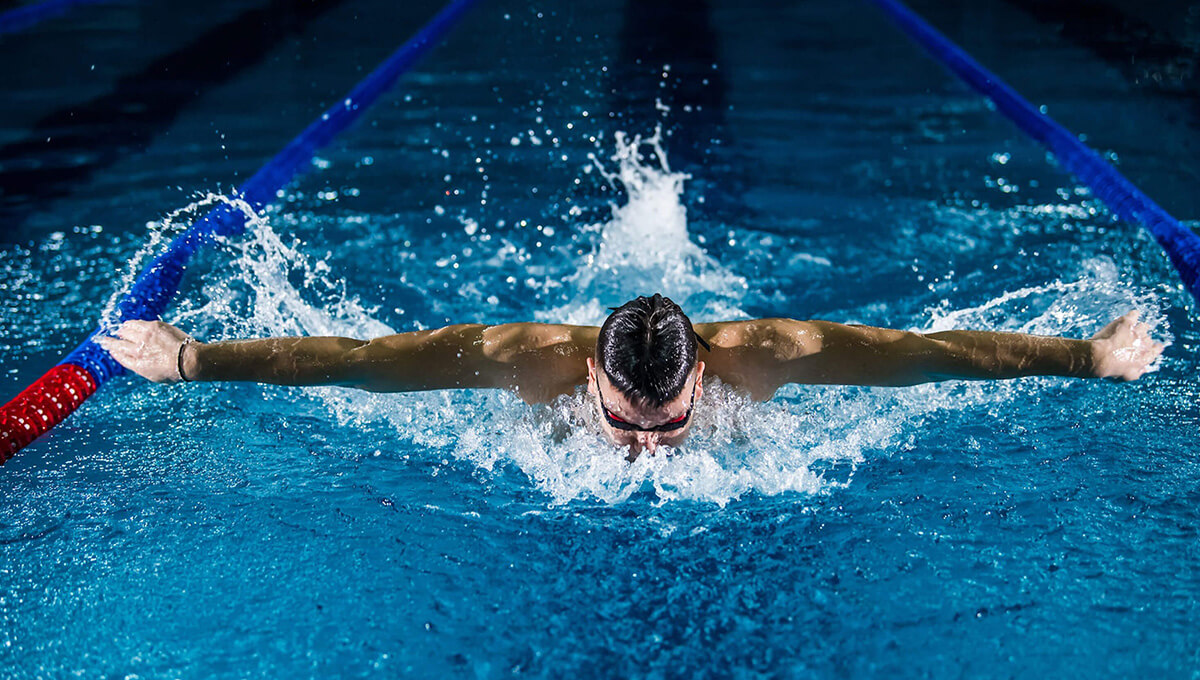Exploring the cutting-edge science of sports performance reveals a fascinating intersection of technology, physiology, psychology, and nutrition. Advances in these areas are transforming how athletes train, compete, and recover, ultimately enhancing performance and extending careers.
Here’s an overview of some of the key components of this evolving field:
1. Sports Physiology
- Understanding Human Performance: Sports physiology studies how the body responds to exercise and training. This includes understanding energy systems, muscle physiology, and cardiovascular responses.
- VO2 Max and Lactate Threshold: These metrics are critical for assessing an athlete's endurance capacity and performance potential. Training programs are often tailored to improve these parameters.
2. Biomechanics
- Movement Analysis: Biomechanics involves analyzing the mechanics of human movement to improve performance and reduce injury risk. Techniques such as motion capture and force plates help in understanding how athletes move.
- Equipment Design: Insights from biomechanics inform the design of sports equipment, from running shoes to bicycles, optimizing performance and safety.
3. Sports Technology
- Wearable Devices: Technologies like heart rate monitors, GPS trackers, and accelerometers provide real-time data on an athlete's performance, allowing for personalized training regimens.
- Virtual Reality (VR) and Augmented Reality (AR): These technologies are being used for training simulations, helping athletes practice skills in a controlled environment and enhancing mental preparation.
4. Nutrition Science
- Sports Nutrition: Understanding the role of macronutrients (carbohydrates, proteins, fats) and micronutrients (vitamins, minerals) is crucial for optimizing performance and recovery.
- Supplementation: Research into supplements like creatine, beta-alanine, and branched-chain amino acids (BCAAs) helps athletes enhance performance and recovery, though it’s essential to consider safety and efficacy.
5. Psychology and Mental Training
- Mental Resilience: Sports psychology focuses on the mental aspects of performance, including motivation, focus, and stress management. Techniques such as visualization and mindfulness are commonly used.
- Cognitive Training: Cognitive training programs aim to enhance decision-making, reaction times, and overall mental acuity, which are critical in high-stakes competitive environments.
6. Injury Prevention and Rehabilitation
- Preventive Strategies: Research into biomechanics and training loads helps identify risk factors for injuries, allowing for the development of preventive strategies tailored to individual athletes.
- Rehabilitation Techniques: Advances in rehabilitation science, including physical therapy, cryotherapy, and electrical stimulation, aid in recovery from injuries and help athletes return to peak performance.
7. Data Analytics and Performance Monitoring
- Performance Analytics: Data analytics plays a crucial role in evaluating athlete performance, identifying strengths and weaknesses, and informing training decisions. This includes video analysis and statistical modeling.
- Big Data in Sports: The use of big data allows teams and coaches to analyze vast amounts of information, leading to more informed strategies and decisions.
8. Genetics and Personalized Training
- Genetic Testing: Research into genetics is beginning to inform personalized training programs based on an athlete's genetic predispositions, such as muscle fiber composition and recovery rates.
- Tailored Training Regimens: Understanding an athlete's unique genetic makeup can lead to more effective training and nutrition strategies, optimizing performance.
9. Emerging Trends
- E-Sports and Gaming: The rise of e-sports has led to new research into performance in digital environments, including cognitive load and reaction times.
- Sustainability in Sports: As awareness of environmental issues grows, there is a push for sustainable practices in sports, including eco-friendly equipment and facilities.
Conclusion
The cutting-edge science of sports performance is continually evolving, driven by advancements in technology and research. By integrating knowledge from various disciplines, athletes can enhance their performance, reduce injury risk, and achieve their goals. As this field progresses, it promises to unlock new levels of human potential in sports, making the pursuit of excellence more informed and effective than ever before.






